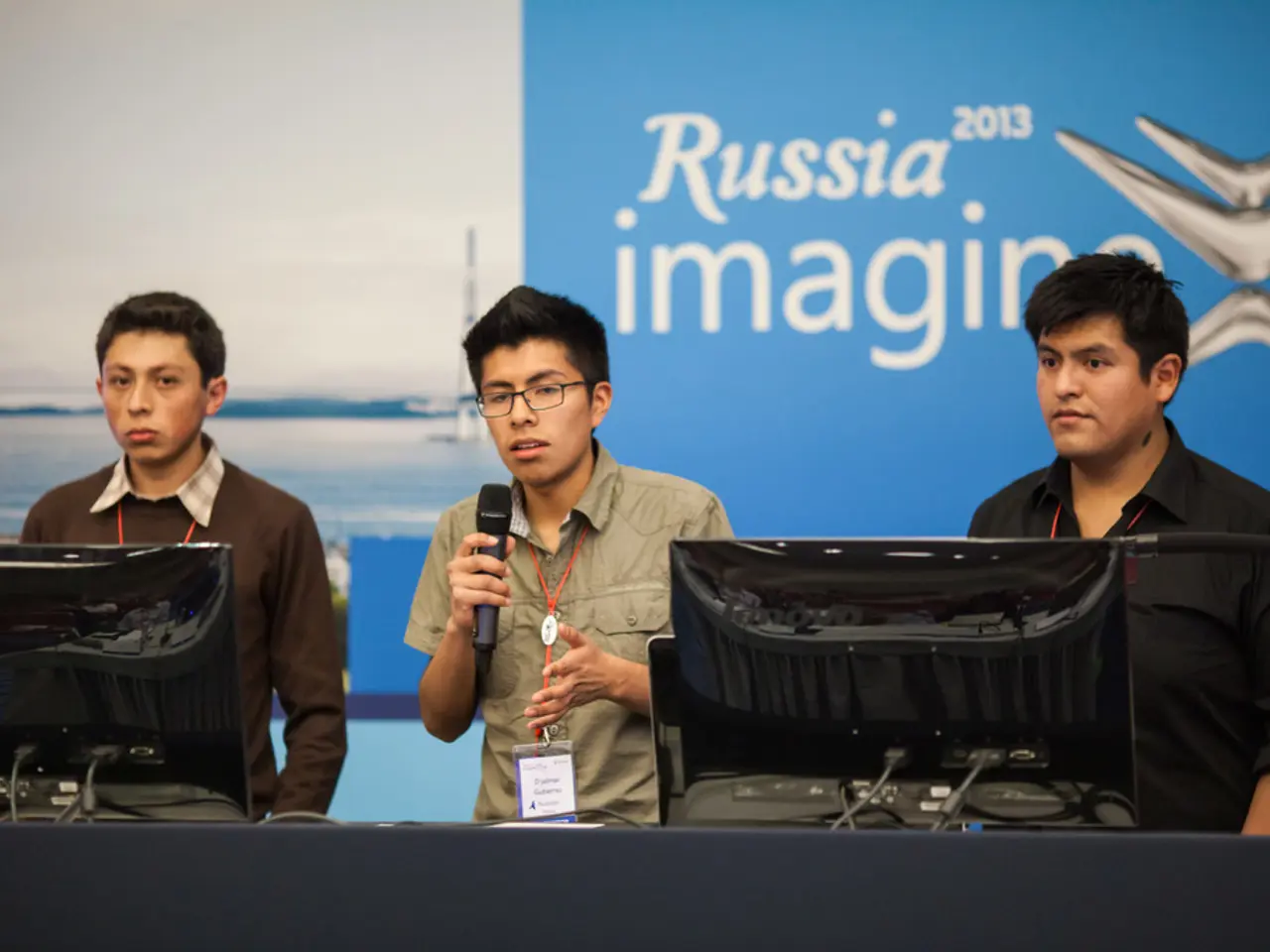Planned Implementation of 40 Campus Initiatives Across Russia over the Next Eleven Years
The Russian education landscape is set for a significant transformation, with the implementation of various university campus projects across the country. One such project is the Chelyabinsk Interuniversity Campus, slated for completion in 2027.
This ambitious project, led by VTB Infrastructure Holding, aims to unite seven regional universities and cover an area of 123,000 square meters. The campus will feature student and teacher hotels, an educational-scientific complex, and an administrative-business center.
The Chelyabinsk Interuniversity Campus is part of a larger initiative, with 25 campuses expected to be completed within the next six years, totalling over 734 billion rubles in investment. By 2036, this number is set to increase to 40 world-class university campuses across Russia.
Four of these world-class campuses have already been partially commissioned in Chelyabinsk, Kaliningrad, Ufa, and Novosibirsk. The South Ural State University (SUSU) is also involved in the implementation of the Chelyabinsk Interuniversity Campus project.
The socioeconomic impact of these investments is significant. According to a study by VTB Infrastructure Holding, for every ruble invested in the construction of university campuses in Russia, approximately 1 ruble in additional investments is generated in related projects. This could potentially unlock investment inflows of up to 1.6 trillion rubles.
Moreover, the total volume of additional investments in regions through related projects in residential and commercial real estate could reach 750-800 billion rubles. Interaction with industrial infrastructure could further increase these figures to 2.2-2.25 trillion rubles.
The largest investments are expected in the Volga (158 billion rubles), Far Eastern (148 billion rubles), and Central federal districts (133 billion rubles). In total, 15 new campuses are planned in these districts.
The concept of these campuses can become a supplier of in-demand personnel and innovations when companies actively participate in their formation. This active involvement, as suggested by the "Campuses-2030" review, can achieve the greatest multiplier effect.
By 2024, the first campus for the Moscow State Technical University named after N.E. Bauman is expected to be completed. As these campuses continue to take shape, they will contribute to the development of education and strengthen the scientific potential of regions, setting the stage for a brighter future for Russia.
Read also:
- Understanding Hemorrhagic Gastroenteritis: Key Facts
- Trump's Policies: Tariffs, AI, Surveillance, and Possible Martial Law
- Expanded Community Health Involvement by CK Birla Hospitals, Jaipur, Maintained Through Consistent Outreach Programs Across Rajasthan
- Abdominal Fat Accumulation: Causes and Strategies for Reduction








